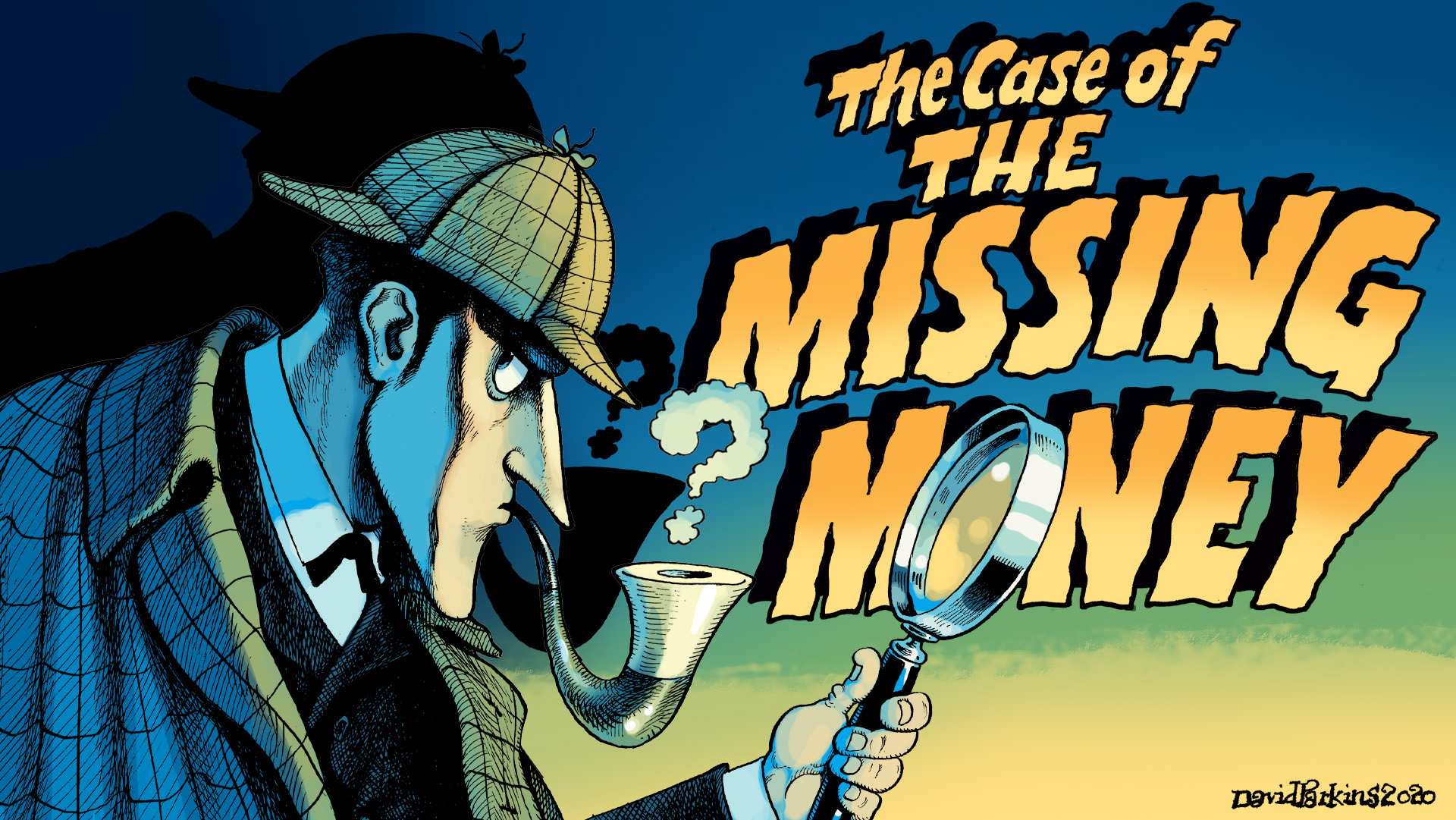———WHERE———
AlhambraTube: https://bit.ly/2Xp3roy
Apple: https://apple.co/3czMcWN
Deezer: https://bit.ly/3ndoVPE
iHeart: https://ihr.fm/31jq7cI
TuneIn: http://tun.in/pjT2Z
Castro: https://bit.ly/30DMYza
Google: https://bit.ly/3e2Z48M
Spotify: https://spoti.fi/3arP8mY
Pandora: https://pdora.co/2GQL3Qg
Breaker: https://bit.ly/2CpHAFO
Castbox: https://bit.ly/3fJR5xQ
Podbean: https://bit.ly/2QpaDgh
Stitcher: https://bit.ly/2C1M1GB
Overcast: https://bit.ly/2YyDsLa
PlayerFM: https://bit.ly/3piLtjV
PocketCast: https://pca.st/encarkdt
SoundCloud: https://bit.ly/3l0yFfK
ListenNotes: https://bit.ly/38xY7pb
AmazonMusic: https://amzn.to/2UpEk2P
PodcastAddict: https://bit.ly/2V39Xjr
———WHO———
Twitter: https://twitter.com/
Twitter: https://twitter.com/
Art: https://davidparkins.com/
Jeff Snider, Head of Global Investment Research for Alhambra Investments with Emil Kalinowski, submitting “Magnum PMI” script to Hollywood studio. Artwork by David Parkins. Podcast intro/outro is “The Great Ascension” by Christoffer Moe Ditlevsen at Epidemic Sound.
———WHY———
37.2 Europe: The Case of the Missing Economy
Europe’s latest PMI scores tell us the continent is falling into re-recession, perhaps not unlike Japan. Where did the momentum disappear to? The USA has better PMIs but should that give us comfort?
[Emil’s Summary] “The Case of the Missing Money” is not an Arthur Conan Doyle short-story but instead a 1976 essay by well-known economist Stephen Goldfeld who noticed that there wasn’t enough money to justify the high level of economic activity at that time. Goldfeld explained that money was traditionally a simple function of, “real gross national product, [and] the interest rates on savings and time deposits at commercial banks and on commercial paper.”
But that formula was suddenly producing “whopping”, “unprecedented”, “quite unacceptable” and “conspicuous” errors that stood out “like a sore thumb”. The clue to the mystery — which he was not able to solve at the time — was that the formula for currency was on target BUT the one for checking accounts was unreliable. The monetary format under the auspices of public institutions — cash and coin — was fine. But the monetary format that was the domain of private banks — deposit accounts — was way short.
But money WASN’T missing from the economy. Money as traditionally understood and defined by economists, THAT money was missing, but the market had broadened the definition in the 1960s and 70s by turning capital market securities into near-money, among many other evolutions. This suited the banks because, while they couldn’t print and mint official government money, they could ‘print and mint’ ledger ‘money’.
Just under half a century later the roles are reversed. A modern-day Goldfeld would note that official monetary formats like bank reserves are being created at a “whopping”, “unprecedented”, “quite unacceptable” and “conspicuous” pace that stands out “like a sore thumb”. But because the vastly more valuable private bank ledger balances are way short, our global economy suffers for it. In this 37th Episode of Making Sense, Jeff Snider writes and solves three mysteries: “Japan: The Case of the Missing Inflation!”, “Europe: The Case of the Missing Economy!” and “Treasury Bills! The Case of the Missing Money?”
———WHEN———
00:05 What do November’s purchasing manager indices tell us about Japan’s outlook?
02:52 Japan’s PMI scores show not only what the nation is experiencing but its global customers
05:24 Europe’s PMI scores – a few days behind Japan – were ATROCIOUS.
10:11 America’s PMI scores look good! But does a PMI in 2020 mean the same as previous PMIs?
15:00 Absolute levels of economic activity are not as important as the change in the levels.
———WHAT———
Deflation Returns To Japan, Part 2: https://bit.ly/33qhzAR
A Lesson In PMIs: Relative vs. Absolute: https://bit.ly/2HHWtpU
Alhambra Investments Blog: https://bit.ly/2VIC2wW
RealClear Markets Essays: https://bit.ly/38tL5a7


Stay In Touch